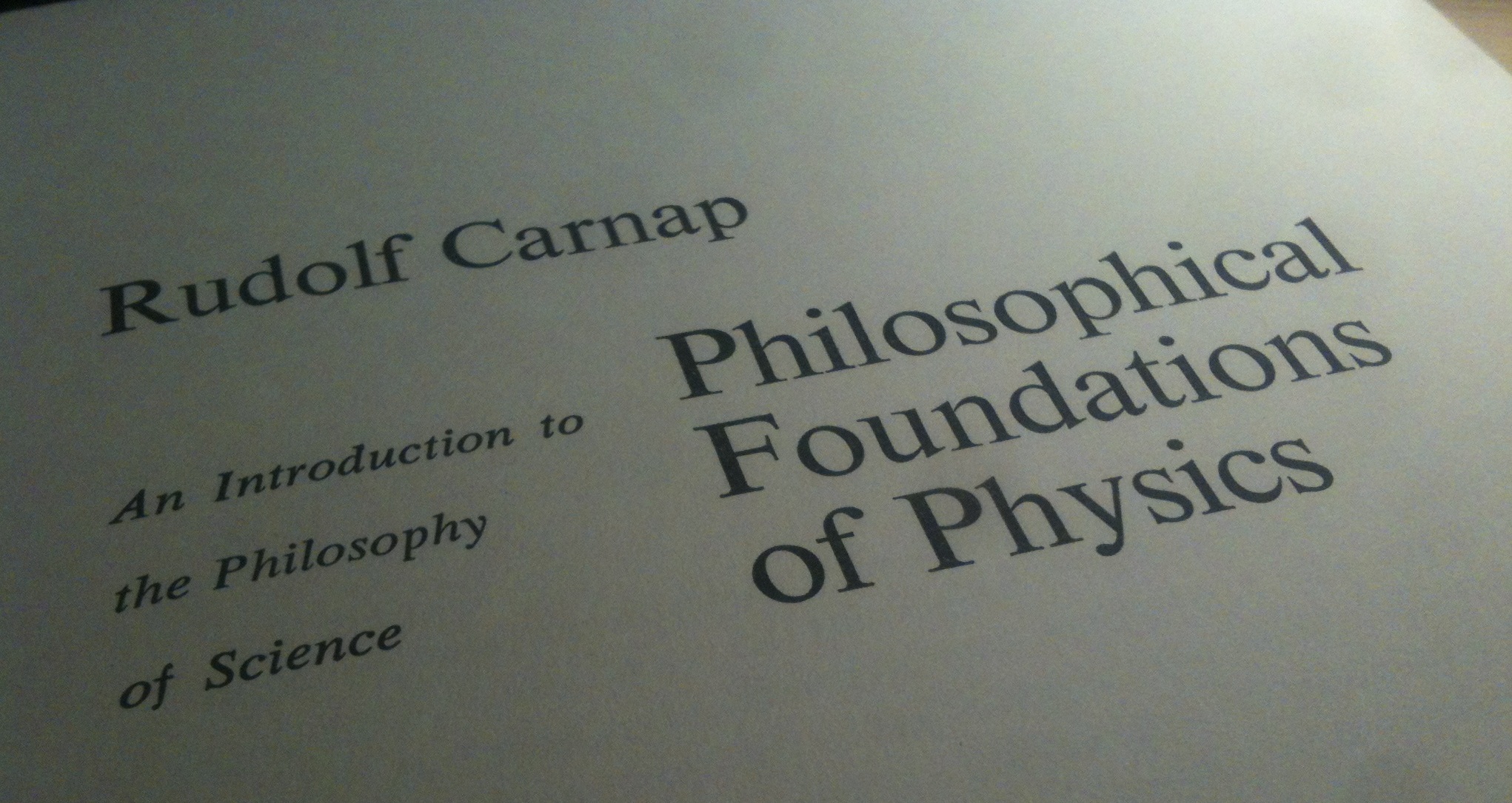
December 7, 2013, by Stephen Mumford
Paper or Digital?
I don’t know if it’s because both my father and mother worked in the printing trade but I have to confess I have developed an increasingly passionate love affair with paper. I like new paper a lot when it is glossy, pristine and colourfully printed. But old paper is what really does it. I love old books, magazines, football programmes, record covers, comics and various forms of ephemera. The look, feel, and – I have to admit – smell of old printed material is something I find irresistible.
Reading an old book is a tactile experience. I like to feel it in my hands, look at the binding, flick through the pages and get a sense of something older than myself. A few years ago I was lucky enough to see an original D. H. Lawrence manuscript. I didn’t think I should touch it because it was so delicate but I did take in a big, long sniff and remarked that I loved it. The magic was somewhat spoiled when I was told, in rather reductionist fashion, ‘sulphuric acid’.
Perhaps paper is on the way out. More books are being sold on kindle and print runs are declining. The physical book could soon be a thing of the past. I used to hold the record cover while playing the record. That got reduced to a tiny CD booklet and now, with digital download, there is no tactile experience left to playing music at all. I’ve heard some predictions that the CD format itself may have only a couple of years left.
I have been very keen to support a range of Digital Humanities initiatives at Nottingham, however, such as the digitisation of our Russian war posters collection. The problem is that modern paper is so unstable, and decays so quickly. Digitisation provides a marvellous technology for preserving the fragile past and allows us also to share and manipulate the resulting data. Many people can inspect those posters simultaneously, for instance, without fear of damaging them, and they can zoom in the get a far closer view of the printing than they would be likely to get with the unaided eye.
I would be very sad if digital delivery replaced the paper product, though. I see that some people buy their new comic books as digital downloads and read them on the tiny screen of a smart phone. I suppose there is at least a big saving on space when one thinks how many books one can fit on a kindle. No need for all those dusty old bookshelves. Yet I feel uncomfortable about us having an increasingly digital and less physical engagement with the world.
And while digital is a way to preserve flimsy old paper, digital preservation is itself an issue. I’m often nervous about having my photos and music in some ethereal cloud or stored on a memory stick. It doesn’t really feel like it’s mine and I can easily lose the data. I’ve been looking through my archive of old writings recently. In the early 90s I would sometimes handwrite manuscripts and sometimes use a computer. Guess what – it’s the paper manuscripts that have survived. The work I typed on a computer was stored on 3.5-inch floppy disks and no one has a disk drive with which I can open them any longer. When I eventually found one, most of the data was ‘corrupted’ and couldn’t be read. Some of my early papers remain only because, fortunately, I had printed a copy. Despite that experience, I immediately scanned any such paper typescript and saved it as a pdf. The safest preservation seems to be to have something in both paper and digital. But if I have the choice of reading either, I will always opt for paper.

I really deplore the demise of paper. There is also no equivalent of holding a book printed in 1625 in your hands. The smell and feel of books cannot be reproduced.